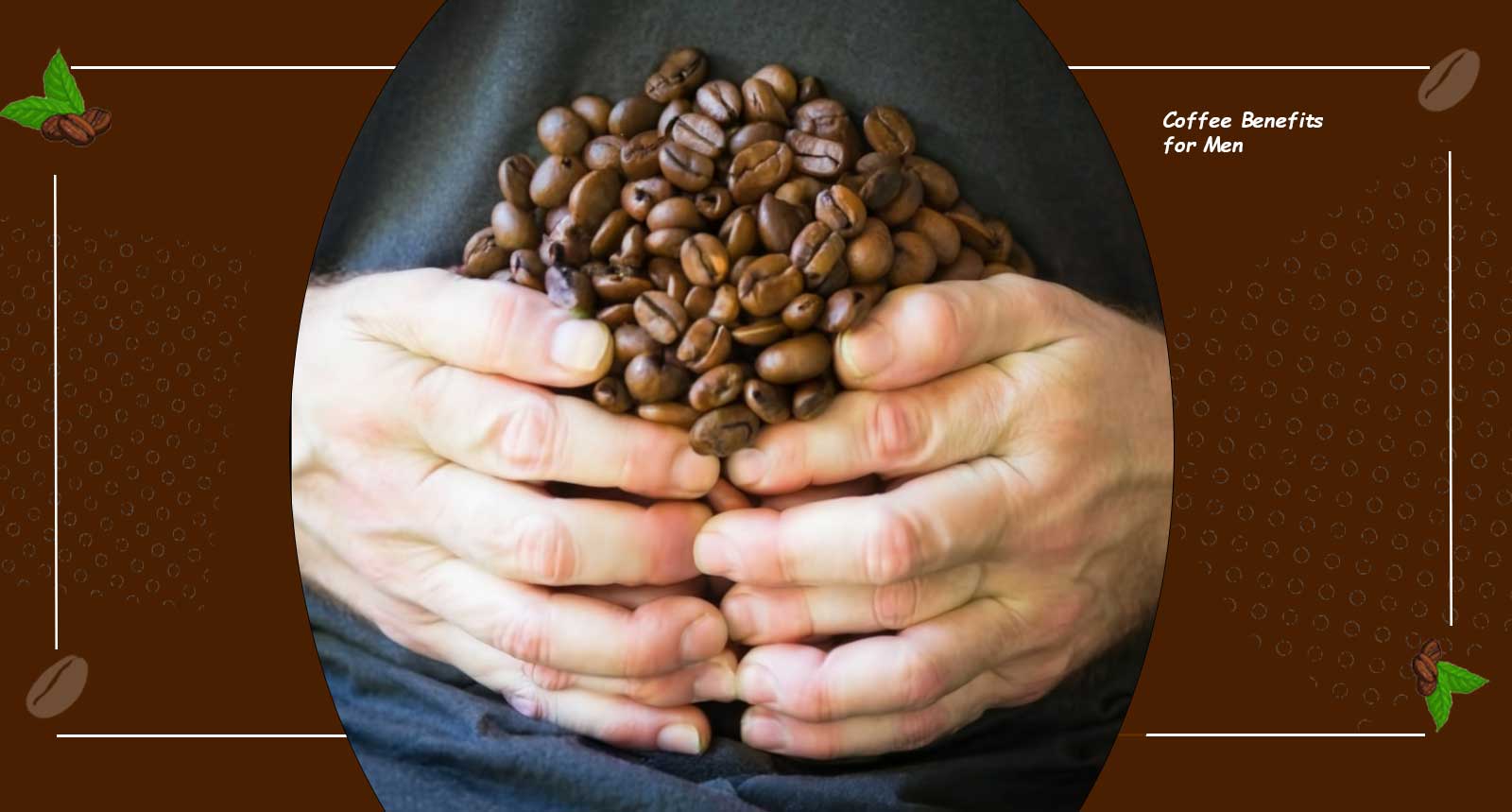Coffee stomach cramps, a beloved morning ritual for many can occasionally bring about unwanted discomfort.
Dive into the nuances of coffee-induced stomach cramps, discovering their causes and potential remedies.
Does Caffeine Trigger Stomach Cramps?
Curious about whether your favorite pick-me-up might be behind those stomach cramps?
Explore the intricate relationship between caffeine and abdominal discomfort to make informed decisions about your daily brew.
Connection Between Caffeine and Abdominal Discomfort
| Caffeine | Abdominal Discomfort | |
|---|---|---|
| Effect | Stimulates the central nervous system | Can cause gastrointestinal irritation |
| Intensity | Varies based on individual tolerance | Severity depends on sensitivity |
| Common Sources | Coffee, tea, energy drinks | Spicy foods, overeating, stress |
| Impact on Digestion | May increase stomach acid production | Can lead to cramping and discomfort |
| Hydration Effects | Diuretic properties; may cause dehydration | Dehydration can exacerbate digestive issues |
| Prevention Tips | Consider moderation in caffeine intake | Avoid trigger foods and manage stress |
| Medical Considerations | Consult a healthcare professional for guidance | Discuss symptoms for proper diagnosis |
How to Coffee-Induced Stomach Discomfort?
Coffee can sometimes be a culprit in causing stomach discomfort. Fortunately, there are strategies to minimize its impact while still enjoying your favorite brew:
Choose Low-Acid Coffee
Option for coffee with lower acidity levels. This can be achieved through certain coffee beans or specific brewing methods that reduce acidity.
Modify Brewing Technique
Experiment with brewing techniques like cold brewing or using a coarser grind. These methods can yield a smoother, less acidic cup of coffee.
Limit Consumption
Moderation is key. Reduce the amount of coffee consumed in one sitting or throughout the day to lessen its impact on your stomach.
Pair with Food
Consuming coffee with food can help buffer its effects on the stomach. Pairing it with a meal can reduce irritation.
Consider Decaf or Alternatives
Decaffeinated coffee or alternatives like herbal tea might provide a flavorful substitute without the acidity or caffeine.
Check Roasting Process
Lighter roasts tend to be less acidic compared to darker roasts. Exploring different roasting styles might be beneficial.
Stomach-Friendly Additives
Experiment with adding a dash of milk or using non-dairy creamers to dilute coffee’s acidity.
How to Ease Stomach Pain Caused by Coffee Consumption?
When confronted with stomach pain following coffee consumption, implementing a multifaceted approach can provide relief without sacrificing your coffee indulgence.
Lower-Acid Coffee Options and Alternative Brewing Methods
Consider lower-acid coffee variants or experimenting with alternative brewing methods to reduce the beverage’s acidity. Exploring lighter roasts can also prove beneficial, as they tend to be gentler on the stomach lining.
Regulating Coffee Intake
Moderation remains a key factor. Regulating the amount of coffee consumed per serving or throughout the day can significantly reduce the likelihood of stomach pain. Pairing your coffee intake with food can act as a buffer, mitigating potential irritation.
Stomach-Friendly Additions to Coffee
Adding stomach-friendly elements like milk or non-dairy creamers to your coffee can dilute its acidity, lessening the impact on your stomach.
Decaf or Herbal Teas
For a more drastic shift, exploring decaffeinated coffee or herbal teas as alternatives can offer flavorful options devoid of caffeine or associated acidity.
Persistent or worsening discomfort warrants professional guidance. Consulting a healthcare expert can provide personalized insights into managing coffee-induced stomach pain.
They can identify underlying factors contributing to the discomfort and suggest tailored strategies for relief, ensuring a more comfortable coffee experience.
Heightened Stomach Pain Post Coffee Consumption
Experiencing intensified stomach pain after consuming coffee can be attributed to various factors, shedding light on why this discomfort exacerbates:
Coffee’s Acidity and Stomach Sensitivity
Coffee’s natural acidity, present in varying degrees based on bean type, roast, and brewing method, can trigger stomach irritation.
Individuals with heightened stomach sensitivity may experience amplified discomfort due to this acidity, especially if consuming highly acidic coffee varieties or stronger brews.
Increased Stomach Acid Production
Caffeine in coffee stimulates the production of stomach acid. For some, this heightened acidity production can lead to irritation, particularly if the stomach lining is already sensitive or prone to acid-related issues.
Impact on Digestive Muscles
Coffee’s stimulative effects on digestive muscles can hasten bowel movements. While this can be beneficial for regularity, for those with sensitive stomachs or gastrointestinal conditions, it may result in spasms or discomfort.
Interaction with Other Foods or Medications
Consuming coffee alongside certain foods or medications can exacerbate stomach pain. Some medications or food combinations may react adversely with coffee, intensifying its impact on the stomach.
Individual Sensitivities and Tolerance
Every individual’s tolerance to coffee varies. Factors such as underlying digestive conditions, stress levels, hydration status, and overall health can influence how the body reacts to coffee, leading to varying degrees of stomach pain post-consumption.
Identifying Triggers and Seeking Guidance
These potential triggers is crucial in managing heightened stomach pain. Identifying specific factors that exacerbate discomfort after coffee intake and seeking guidance from a healthcare professional can aid in devising personalized strategies to alleviate and manage this issue effectively.
Impact of Coffee on Stomach Sensitivity
The effect of coffee on an individual’s stomach can vary significantly. For some, consuming coffee can lead to stomach discomfort or pain due to several reasons:
Acidity and Gastrointestinal Sensitivity
Coffee’s natural acidity can irritate the stomach lining, especially for individuals with heightened gastrointestinal sensitivity. The degree of acidity in coffee, influenced by factors like bean type, roast, and brewing method, can contribute to stomach discomfort for some people.
Stimulation of Stomach Acid Production
Caffeine, a prominent component in coffee, stimulates the production of stomach acid. Increased acid levels can lead to irritation or exacerbate existing gastrointestinal issues, causing discomfort for certain individuals.
Impact on Digestive Muscles
Coffee’s stimulative effect on digestive muscles can result in increased bowel movements. While this might be beneficial for some, individuals with sensitive stomachs or specific gastrointestinal conditions might experience discomfort due to these heightened digestive activities.
Personal Sensitivities and Tolerance
Individual tolerance to coffee varies widely. Factors such as underlying health conditions, stress levels, hydration status, and overall digestive health can significantly influence how one’s body reacts to coffee consumption.
Management and Personalized Approach
While coffee may cause stomach discomfort for some individuals, others might not experience such issues.
Understanding personal triggers, moderating coffee intake, choosing lower-acid variants, consuming it with food, or exploring alternatives like decaffeinated versions or herbal teas can help manage potential stomach discomfort caused by coffee.
Seeking advice from a healthcare professional can provide personalized guidance in navigating these concerns.
Responses and Factors
The impact of coffee on the stomach is highly individualized, and various factors contribute to the diverse responses observed.
Genetic predispositions, overall digestive health, and even the presence of certain conditions like gastritis or acid reflux can influence how the stomach reacts to coffee consumption.
Roast Levels and Coffee Types
The roast level of coffee beans plays a role in determining acidity. Lighter roasts generally have higher acidity, potentially causing more irritation for those with sensitive stomachs.
Exploring different coffee types, such as arabica or robusta, can also offer insights into personal tolerance levels.
Timing and Empty Stomach Concerns
Drinking coffee on an empty stomach can sometimes intensify its effects. The absence of food to buffer the impact of coffee’s acidity and caffeine can contribute to heightened stomach discomfort.
Opting for a balanced meal or snack alongside your coffee may help alleviate potential issues.
Hydration and Moderation
Dehydration can exacerbate stomach-related problems. Ensuring adequate hydration alongside moderate coffee consumption can contribute to a more comfortable experience. Hydration helps balance the digestive process and minimizes the potential for irritation.
Gradual Adaptation
For individuals new to coffee or those looking to reintroduce it into their routine, a gradual approach might be beneficial. Starting with smaller amounts, choosing milder brews, and allowing the body to adapt can sometimes reduce the likelihood of stomach discomfort.
Establish a tailored plan for managing and enjoying coffee without compromising stomach health.
Frequently Asked Questions
1. Why does coffee sometimes cause stomach cramps?
Coffee’s acidity and caffeine content can stimulate stomach acid production, leading to irritation for some individuals. This irritation, combined with heightened sensitivity or underlying digestive issues, can result in stomach cramps.
2. How can I reduce the pain caused by coffee stomach cramps?
Option for lower-acid coffee varieties, moderate your intake, consume coffee with food, or try stomach-friendly additives like milk. Exploring decaffeinated options or herbal teas might also help alleviate cramps.
3. Are certain types of coffee less likely to cause stomach cramps?
Lighter roasts generally have lower acidity, potentially causing fewer cramps for those with sensitive stomachs. Exploring different bean types or blends may provide insight into what works best for your stomach.
4. Should I avoid coffee altogether if I experience stomach cramps?
Not necessarily. Moderation, choosing milder brews, and considering alternatives can often allow coffee enjoyment without severe discomfort. Understanding personal triggers and consulting healthcare professionals can help tailor a suitable approach.
5. Can drinking water alongside coffee help reduce stomach cramps?
Ensuring adequate hydration can aid in balancing the digestive process, potentially reducing discomfort. Drinking water alongside coffee may help minimize the impact of its acidity on the stomach.
6. When should I seek medical advice for coffee-related stomach cramps?
Persistent or worsening stomach cramps despite adjustments in coffee consumption warrant professional guidance. Consulting a healthcare professional can help identify underlying issues and devise a personalized management plan.

